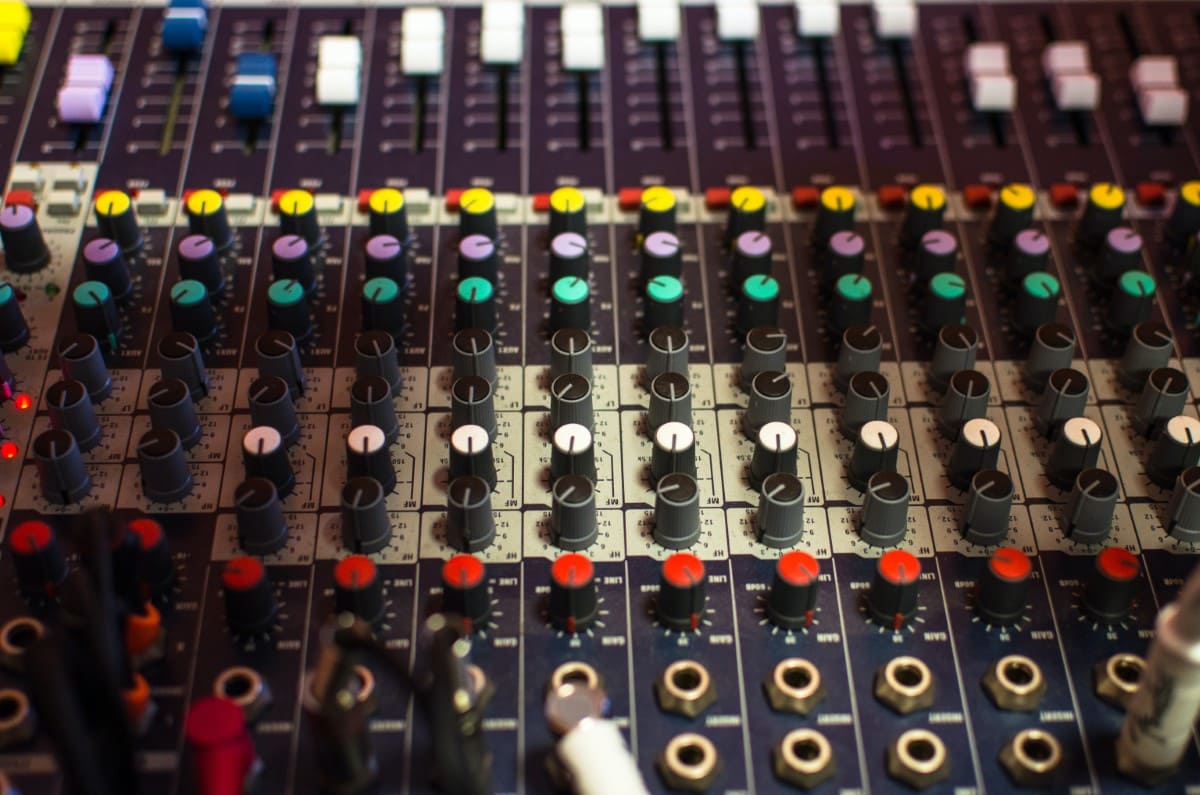Music, like language, evolves with time, adapting to the cultural, social, and technological changes that shape human civilization. From the structured compositions of classical music to the synthesized beats of electronic dance music, each genre not only reflects the artistic inclinations of its era but also influences the societal and cultural norms of its time. This article explores the journey of musical evolution, tracing the lineage of various genres and examining how historical events and technological advancements have molded the music we listen to today.
The Classical Beginnings
The story of modern music genres begins with classical music, which originated in the traditions of Western liturgical and secular music in the late 16th century. This era saw the creation of intricate musical forms such as the symphony, concerto, and sonata, pioneered by composers like Bach, Mozart, and Beethoven. These compositions emphasized harmony, melody, and rhythm, setting the foundational structures for many musical styles that followed.
The Rise of Jazz and Blues
As the 20th century dawned, African American communities gave birth to jazz and blues, genres deeply rooted in the African musical traditions of slaves brought to America. Jazz emerged as a form of resistance and self-expression, characterized by its use of improvisation, syncopation, and complex chord progressions. Similarly, the blues, with its soulful melodies and heartfelt lyrics, spoke of the struggles and aspirations of a marginalized community. Both genres would go on to influence a wide array of musical styles, from rock and roll to hip hop.
Rock and Roll Revolution
The mid-20th century witnessed the explosive rise of rock and roll, a genre that would dominate popular music for decades. Artists like Elvis Presley and Chuck Berry infused blues and jazz with a youthful energy that appealed to the rebellious spirit of the time. Rock and roll’s emphasis on electric guitar and rhythm paved the way for subgenres such as punk, metal, and indie rock, each carrying the torch of its rebellious origins in their own unique ways.
The Digital Age and Electronic Music
With the advent of digital technology, electronic music rose to prominence in the late 20th century. Innovations such as the synthesizer and the drum machine transformed the music production landscape, giving rise to genres like disco, house, techno, and EDM. These genres are characterized by their use of electronic instruments and computer-generated sounds, creating a new space for experimental music that continues to evolve today.
Hip Hop: More Than Music
Emerging from the streets of New York in the 1970s, hip hop is perhaps the most significant cultural movement to arise in the latter half of the 20th century. Beyond just music, hip hop encompasses a lifestyle that includes dance, art, and a powerful form of poetic expression. Artists like Grandmaster Flash, Tupac Shakur, and The Notorious B.I.G. used rap to address social issues, making hip hop a powerful voice for social commentary and change.
The Global Influence
Today, music is more global than ever, with genres blending and mutating in fascinating ways. K-pop, reggaeton, and Afrobeat highlight how non-Western countries are taking center stage in shaping global music trends. The internet and streaming platforms have democratized music consumption, allowing artists from anywhere to share their work with a worldwide audience, further enriching the musical tapestry that connects us all.
The evolution of musical genres is a testament to humanity’s perpetual drive to innovate and express itself through art. As we look to the future, music will undoubtedly continue to evolve, reflecting new technological advancements and the ever-changing human experience. This journey of musical adaptation and change not only provides us with a richer understanding of history but also a mirror reflecting our cultural evolution. Through the universal language of music, we can share our stories, celebrate our diversity, and connect with each other on the deepest levels.






